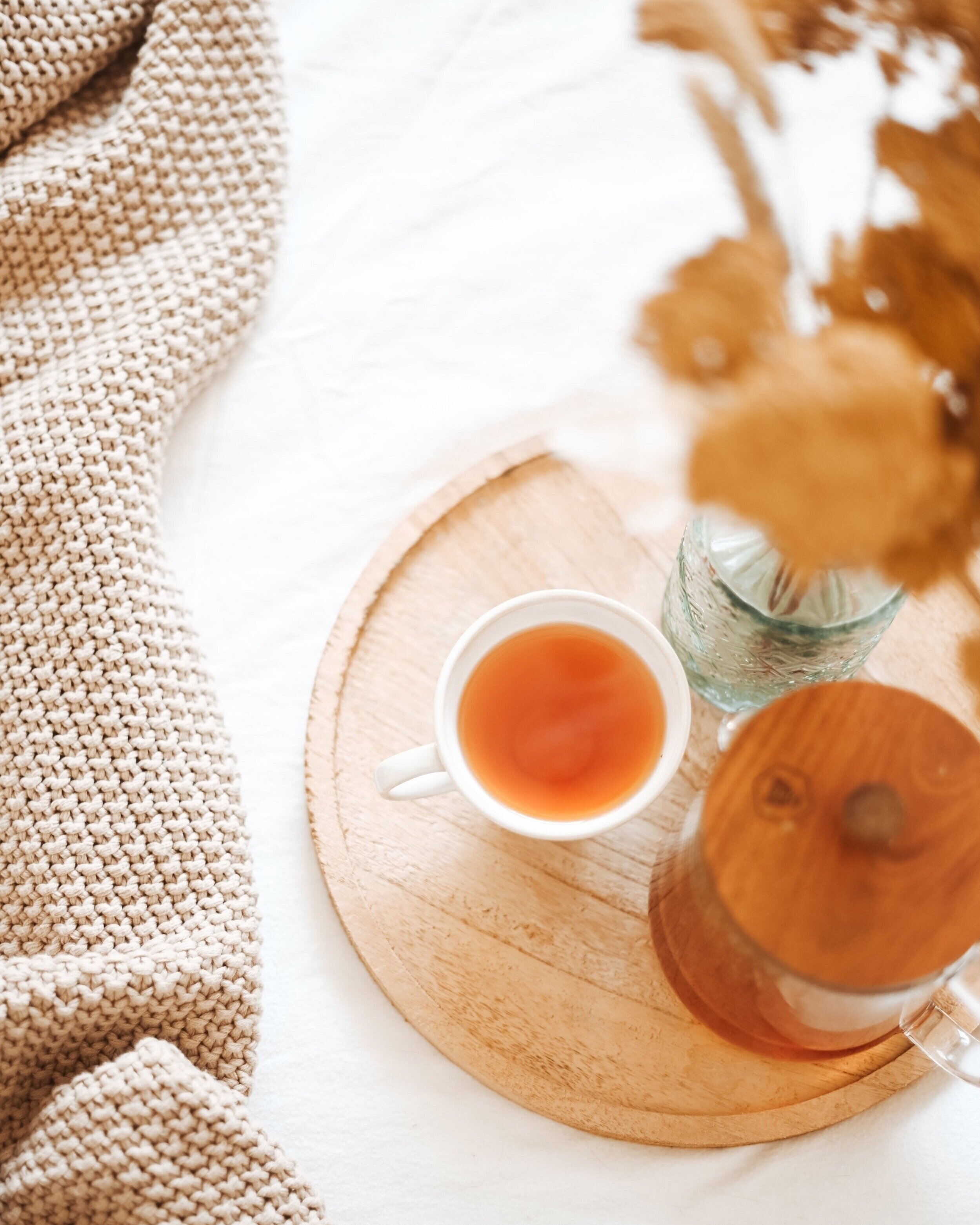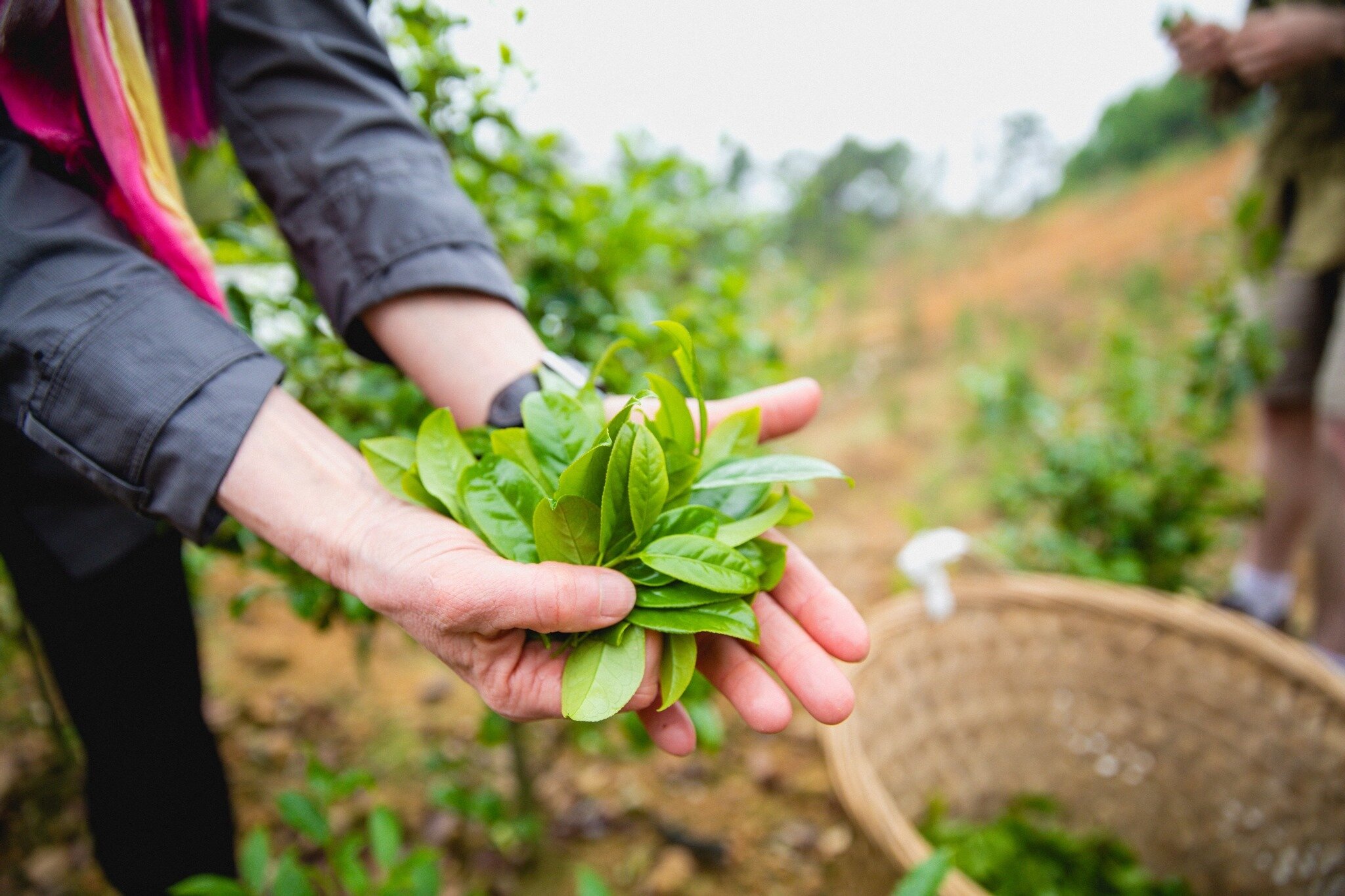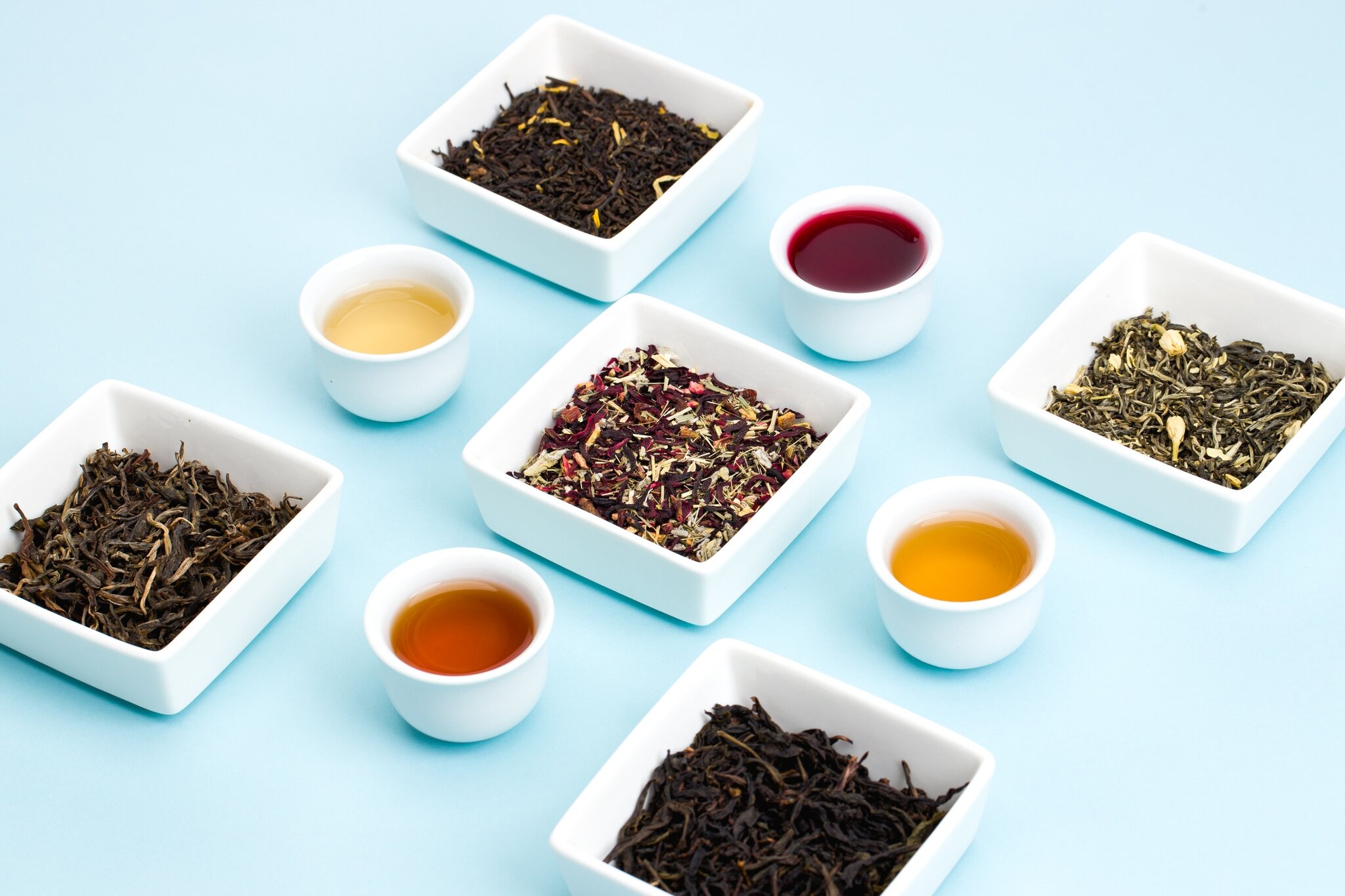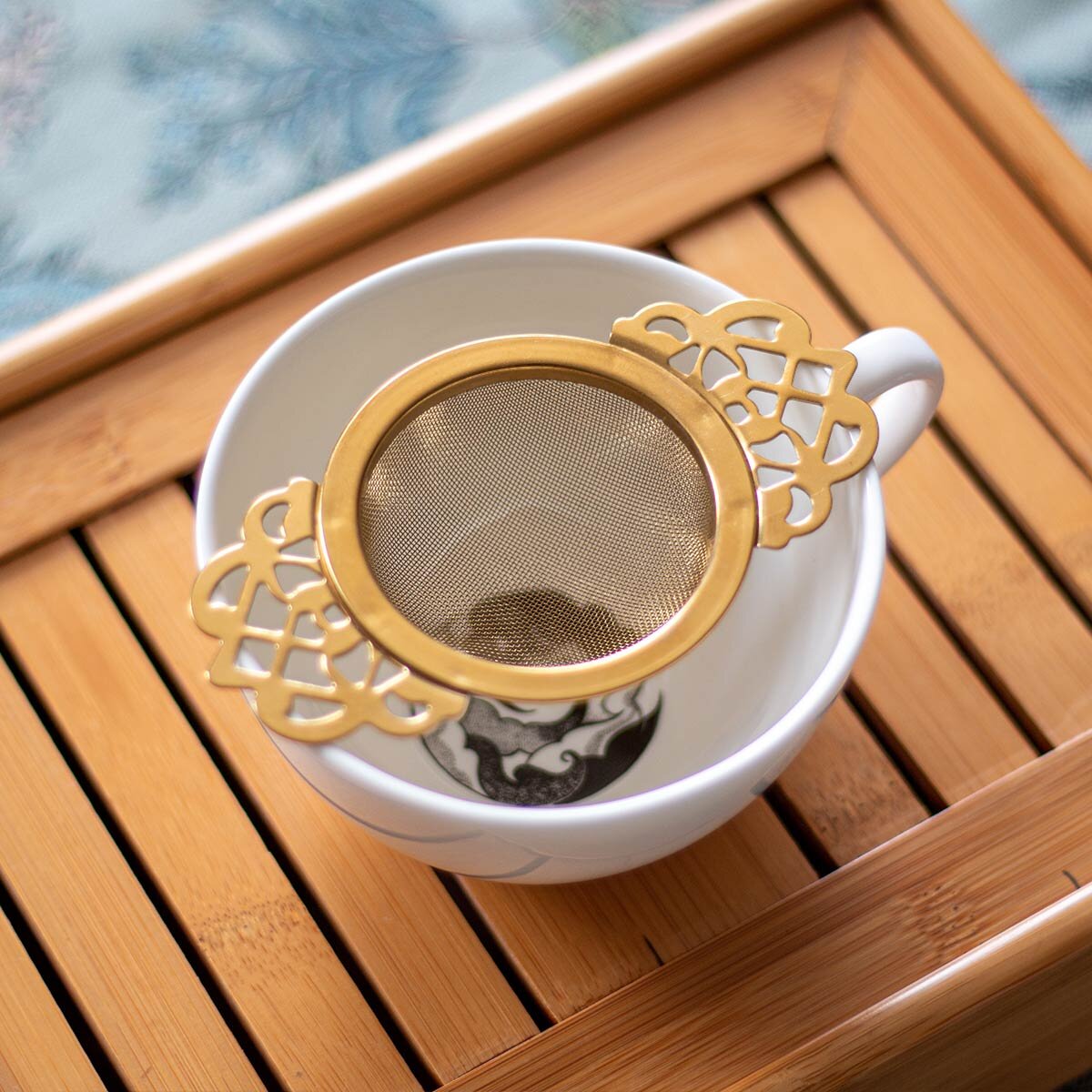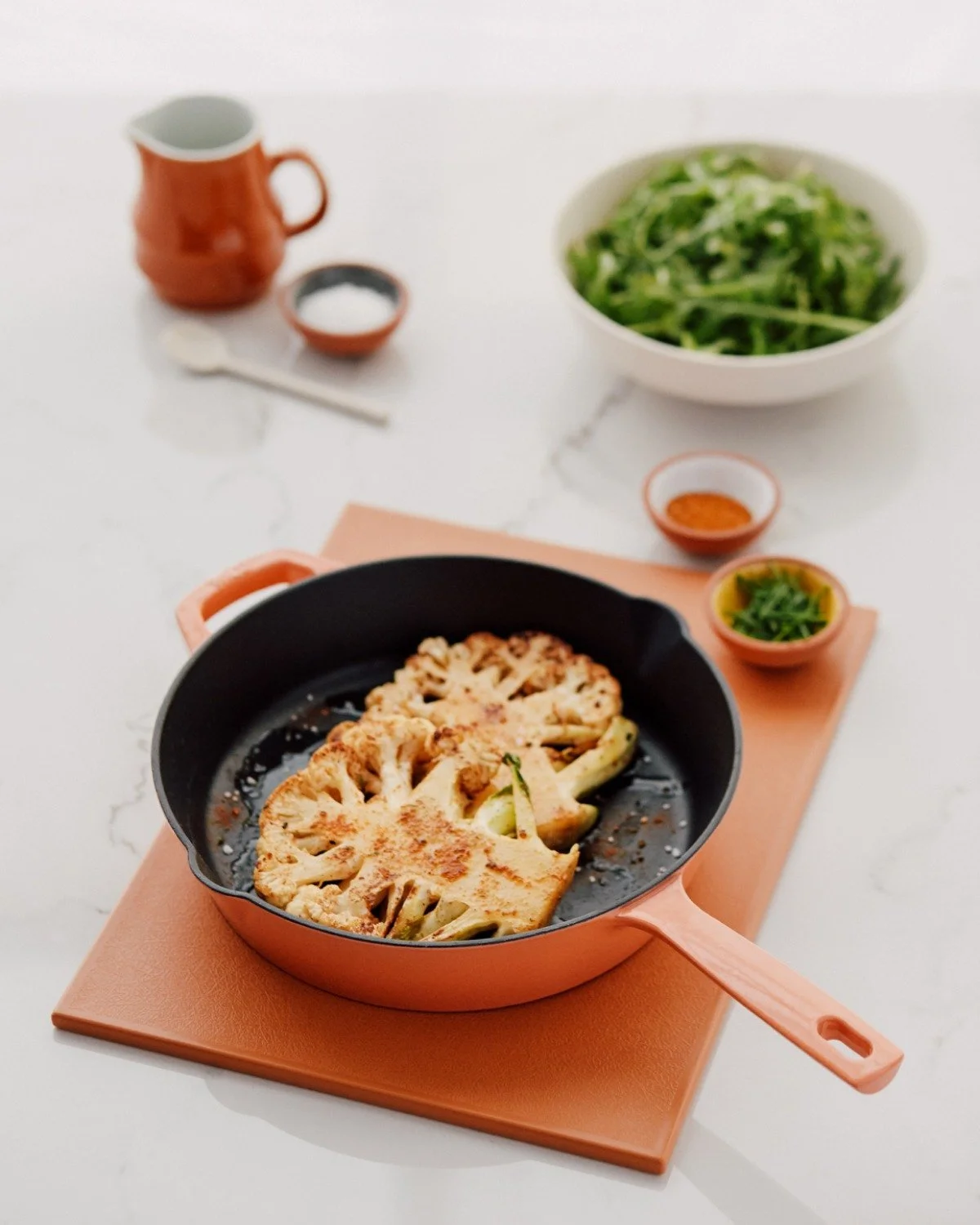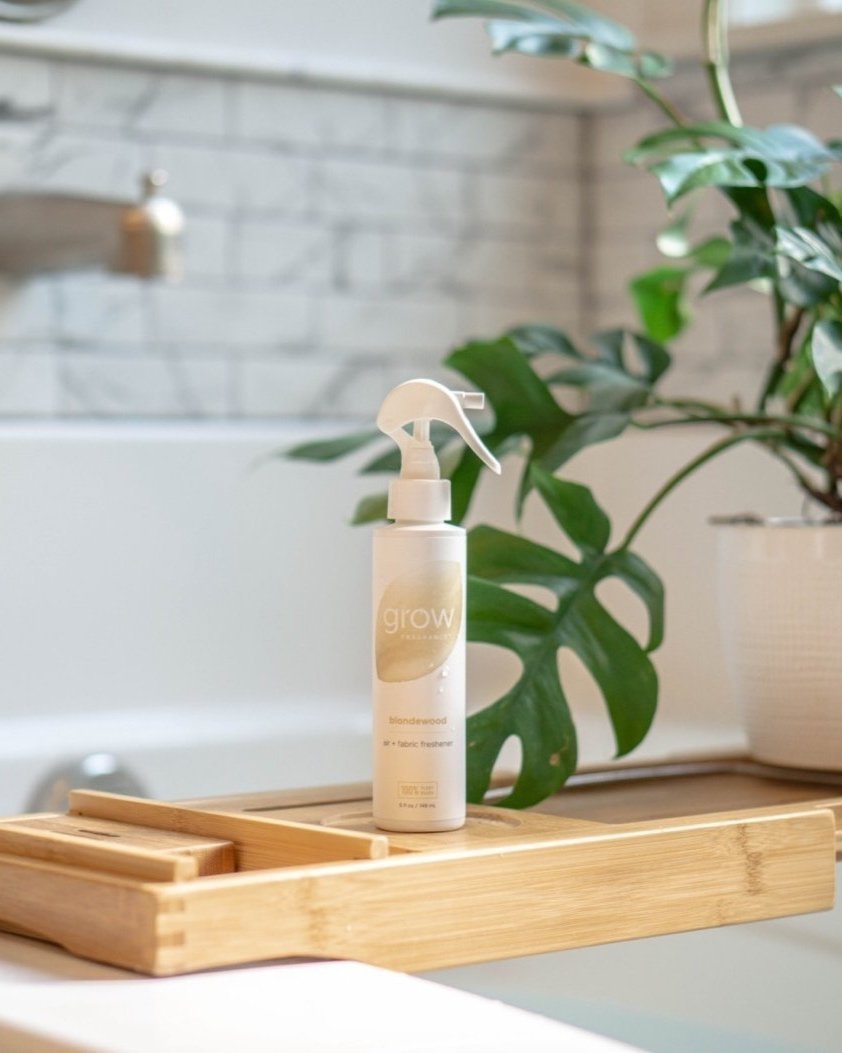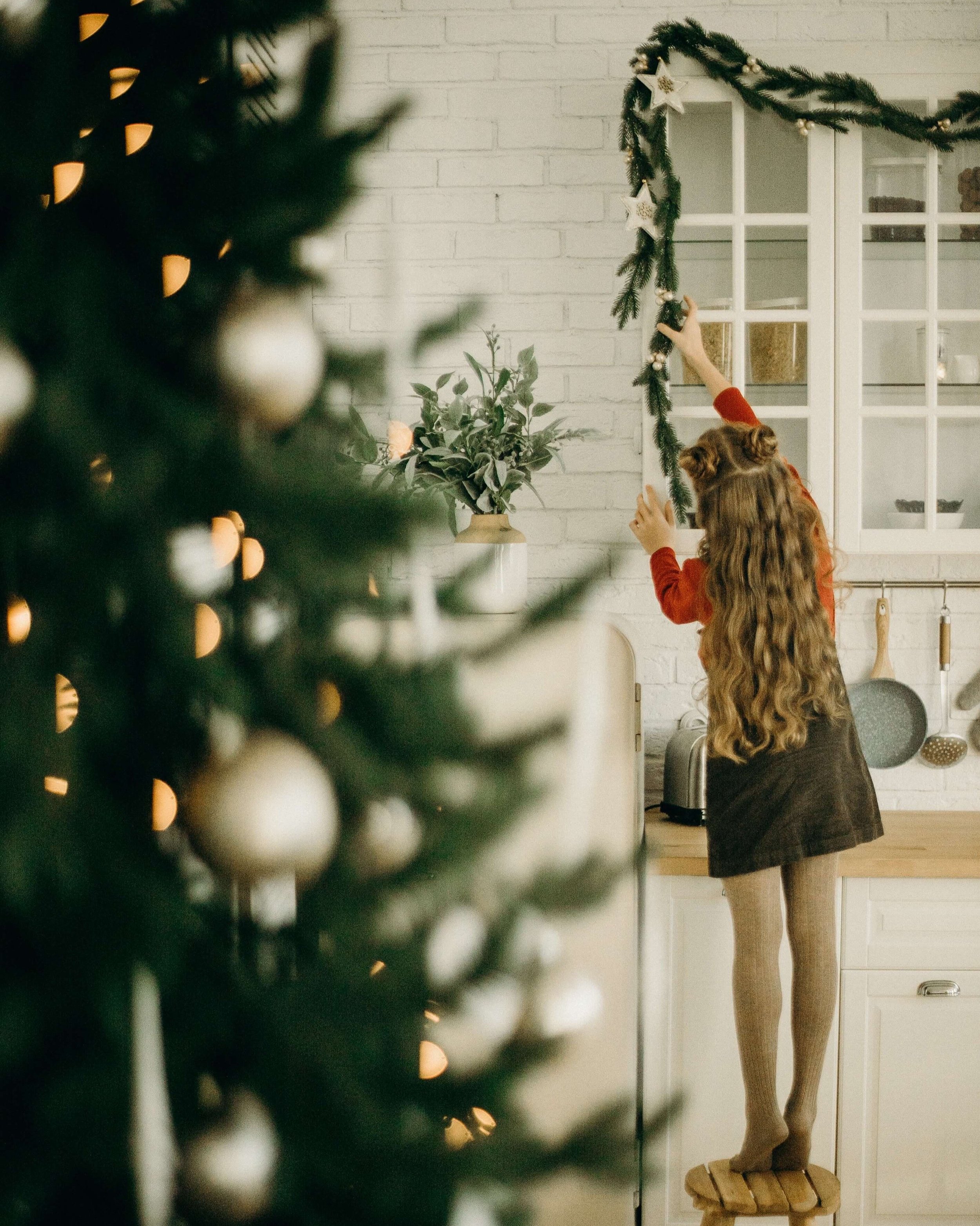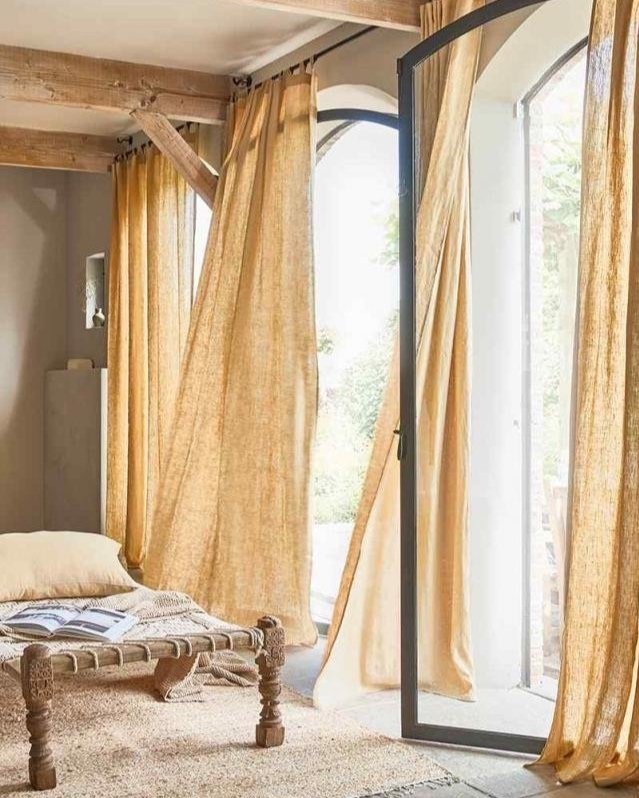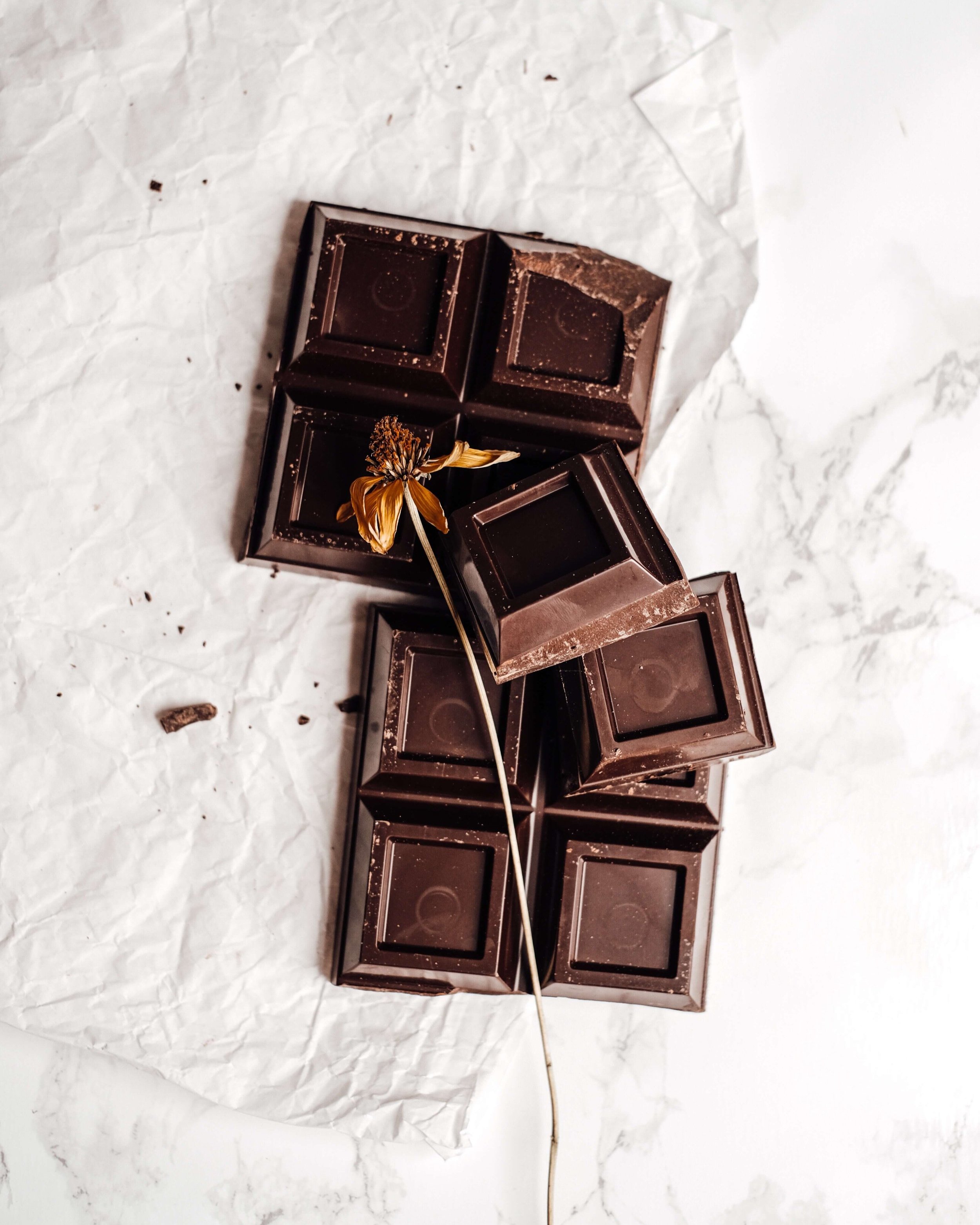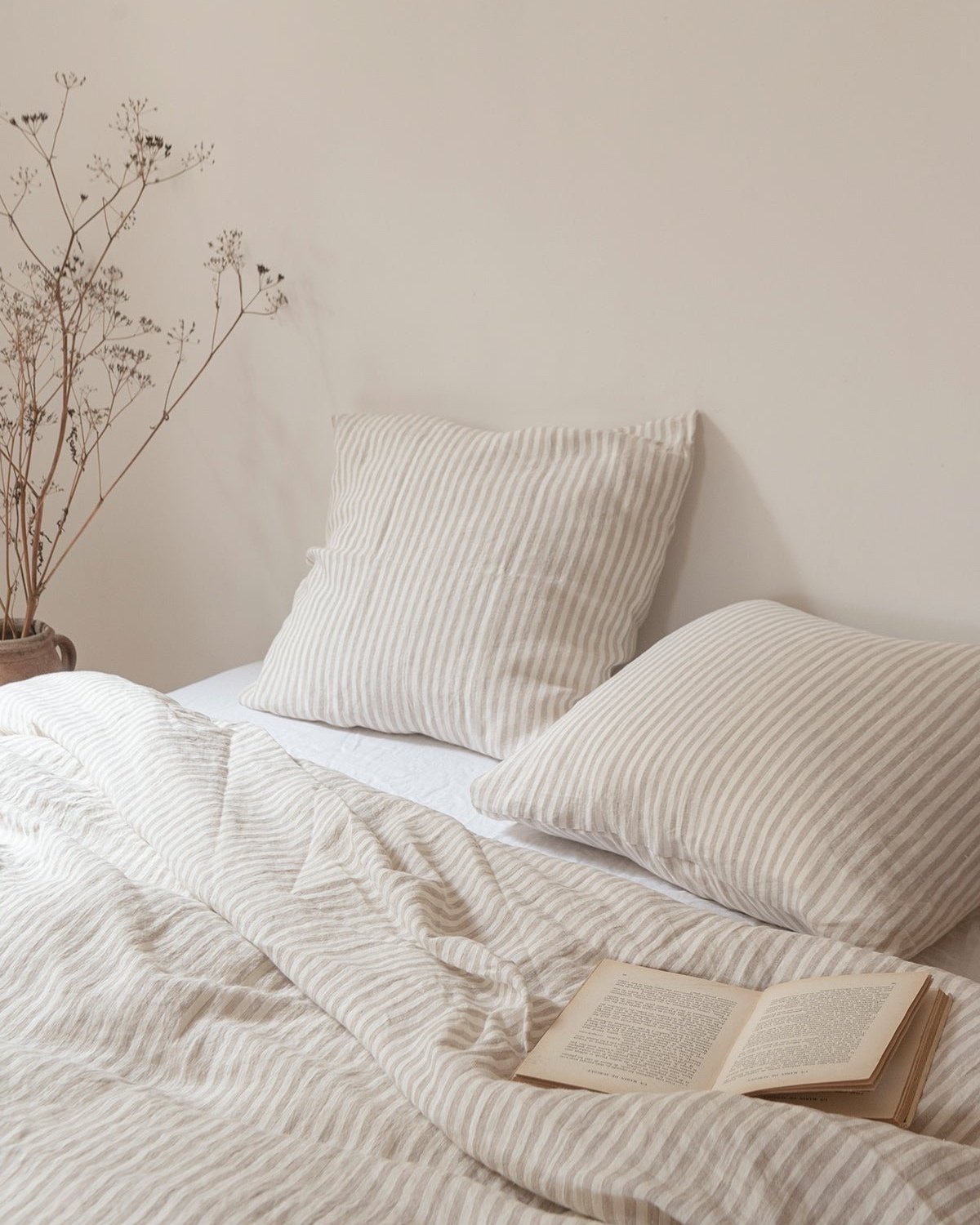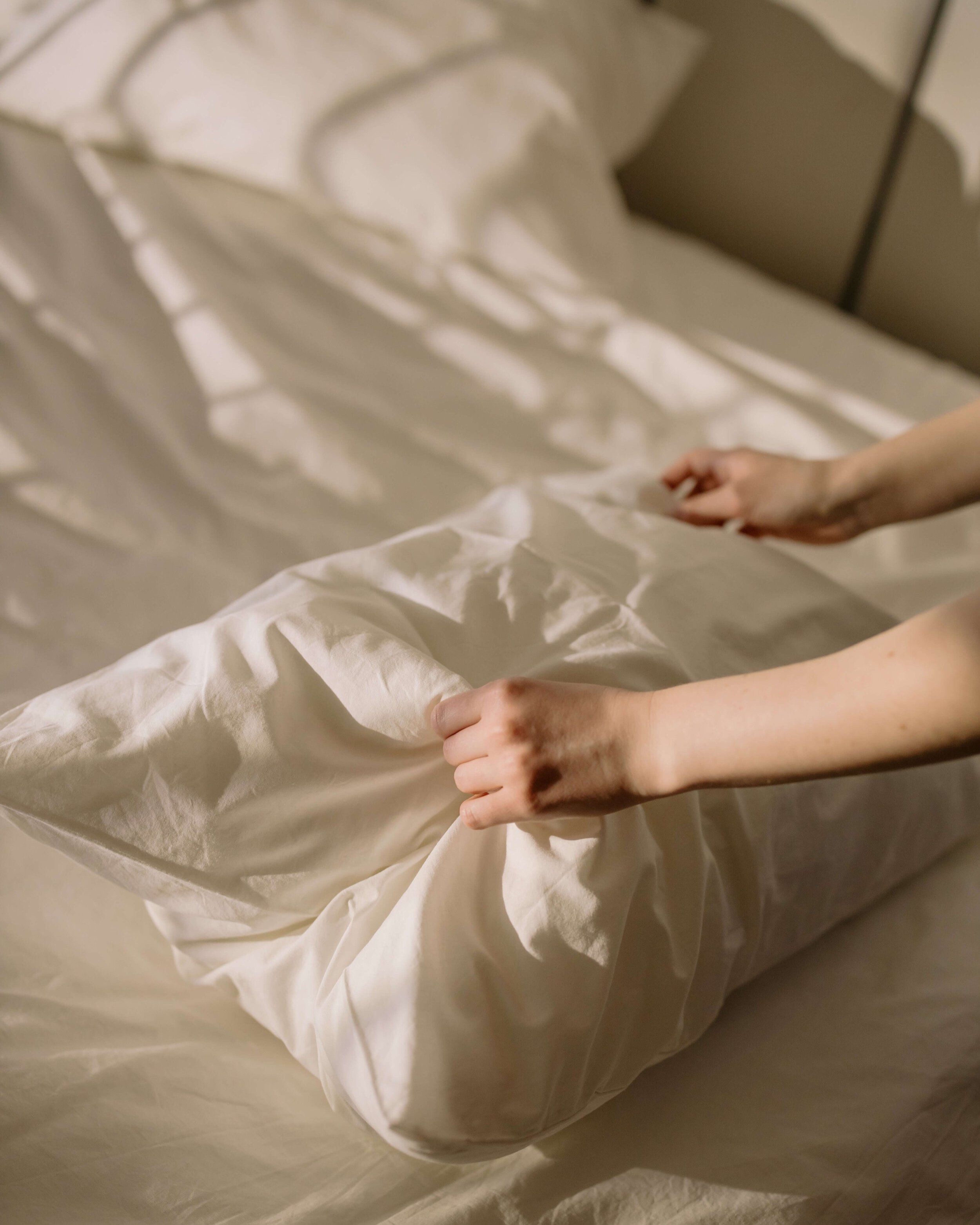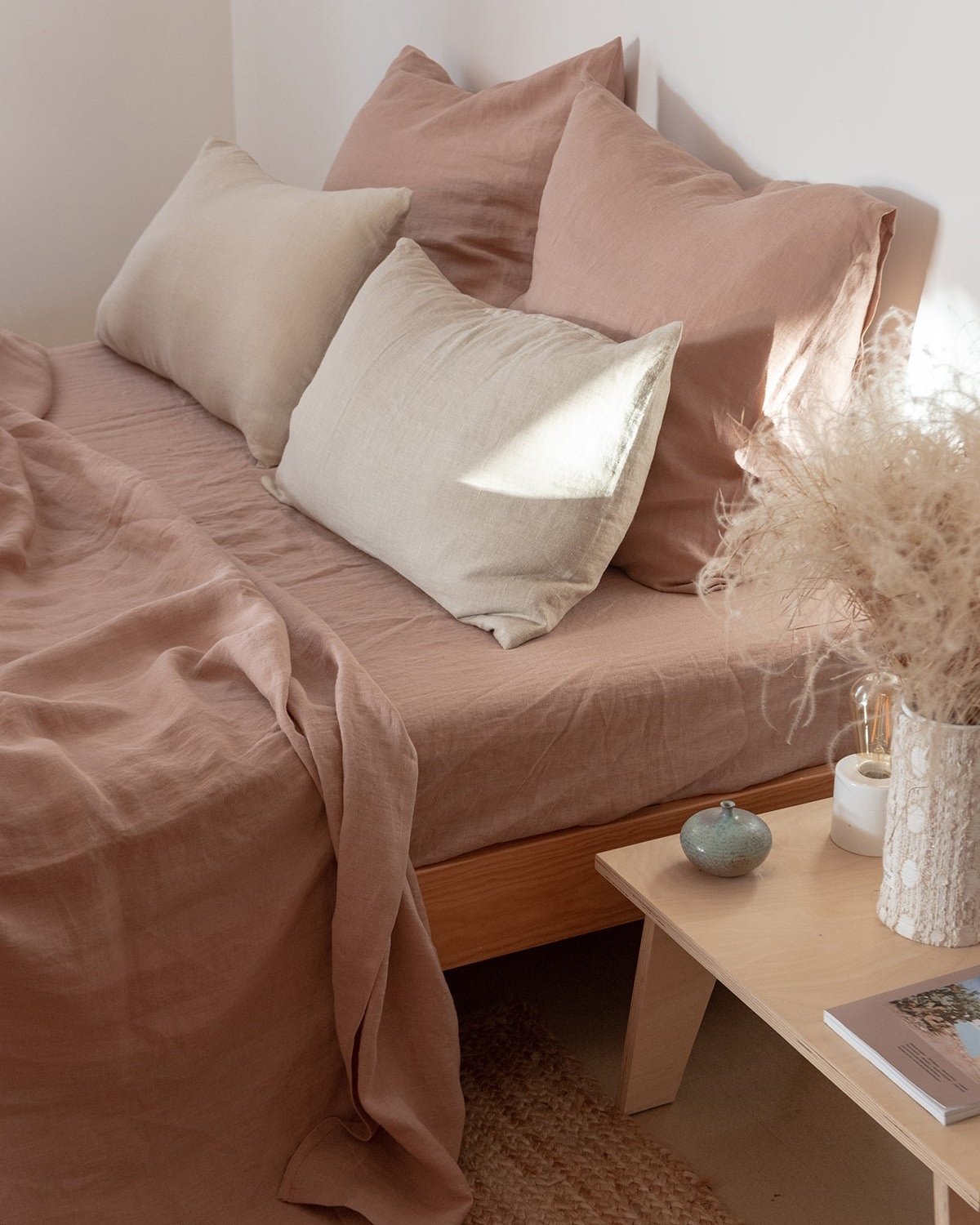What You Need To Know About Sustainable Tea (& a list of teas to try)
A Guide to Sustainable Tea & Five Sustainable Tea Brands to try
If you’re an avid tea drinker like me, your daily tea is a great place to make a difference in your sustainable habits. I enjoy iced matcha tea lattes in the mornings and usually prefer herbal or mint tea in the evenings to unwind. The way most people cherish their coffee breaks is how I savor my cups of tea. When I found out how problematic the tea industry can be I knew I needed to find brands that share the same values for people and the planet.
As the second most consumed beverage in the world and increasing commercialization due to demand, the tea industry has become filled with unsustainable practices like wasteful packaging, worker exploitation and environmental destruction. However, it doesn’t have to be this way and there are tea companies out there committed to a sustainable business model. To make it easier for my fellow tea and planet lovers, I did the research for you and put together a guide for what you need to know about sustainable tea consumption and some great companies to check out!
image from The Tea Spot
What makes tea sustainable?
There are a lot of opportunities to make tea consumption more sustainable from the way tea leaves are grown and sourced to how they’re packaged. Many industrial tea companies use heavy machinery when harvesting tea and destroy the surrounding land in the process. Tea from organic tea leaves, grown without the use of pesticides, direct relationships with farmers and thoughtful packaging will be easy ways you can recognize more sustainable tea companies.
image from The Tea Spot
What to look for when shopping for sustainable tea?
There are four key values to keep in mind as you make your tea shopping more sustainable. Just by having conscious consideration to the sourcing, packaging,resources and ingredients can make a big difference.
While sourcing the high quality tea, look for companies with close relationships with their farmers. Direct sourcing, or close to it, will help you avoid industrially cultivated tea and be more traceable with their supply. It will also guarantee that what is being advertised is what actually makes it into your tea and not just a strategically marketed product.
When looking at packaging, loose leaf tea decreases the carbon footprint considerably since it cuts out the production for tea bags and the need for individual product packaging. It also eliminates the need for string, staples, inks, and adhesives. Not to mention, loose leaf tea will be fresher and better quality. Look for tea packed in reusable and recyclable containers like tins or backyard compostable packaging.
The resources used to produce the tea like solar power, energy efficient buildings and carbon emission offset policies are all feasible ways companies can make their production more sustainable. Conscious companies will ensure the resources used to produce the tea do not destroy the environment in the process or pollute the nearby communities.
For the actual tea ingredients you want to look for loose leaf tea that is organic and fair trade. This will ensure your tea is made from high-quality ingredients and harvested by workers being paid a fair wage in a safe work environment. Choosing organic is important with tea because if any pesticides or herbicides are sprayed on the tea plants, the first time the leaves ever get washed will be when you steep the leaves in your cup. Those chemicals are not what you want to be drinking with your delicious tea. If you do not see the organic or fair trade label on the packaging, not all is lost. These certifications are not the end all be all, especially in the tea industry. Any company that shares these values will be transparent and proudly share about their production on their website. Keep reading for a list of companies I already researched for you.
image from Rare Tea Co.
What are some sustainable tea brands?
1) The Tea Spot
Why this company is great: Founder Maria Uspenski used loose leaf tea as part of her cancer recovery and created The Tea Spot to provide high quality tea to others. It is a B Corp certified company and they donate 10% of all profits to cancer survivors and wellness programs. In addition to their loose leaf tea selections, they also have individually packaged pyramid sachets. However, they are made with plant-based, compostable and biodegradable materials. Not all teas are organic but they are labeled so you know which is certified organic.
Teas To Try: Organic Lights Out, Organic Meditative Mind, Organic Clouds and Mist
2) Arbor Teas
Why this company is great: As a small family-owned business, Arbor Teas is USDA Organic and Fair Trade certified while offering a wide selection of loose leaf teas. Their packaging is fully backyard compostable and they offset carbon emissions with CarbonFund.org. Their website is so comprehensive and transparent providing direct actions they take for sustainability from sourcing to shipment.
Teas To Try: Organic Dragon Well Green Tea, Organic Peach Rooibos, Organic Masala Chai Black Tea
3) Rare Tea
Why this company is great: Rare Tea is a small London-based company offering a variety of small-batched loose leaf teas that only works with fully sustainable farms. They pay the costs associated with having the tea checked for quality, which is usually the responsibility of the farm. This allows small farms that cannot afford or don’t have access to the organic or fair trade certification procedures the same opportunities as large industrialize farms Rare Tea even started their own Rare Charity, which re-invests a percentage of the revenue from Rare Tea sales into the education for young people connected to the Satemwa Tea Estate, a small farm in Malawi.
Teas To Try: Recovery Tea, Rare Nepalese Cherry Blossom, Chinese Iron Goddess Oolong
4) Rishi Tea
Why this company is great: Rishi Tea is an independently owned company that works directly with the farms they obtain their organic teas from. While they offer both loose leaf tea and tea in sachets, their sachets are plant-based and biodegradable making them more sustainable than most individually wrapped tea options.
Teas To Try: Chamomile Medley, Everyday Matcha, Earl Grey Supreme
5) Young Mountain Tea
Why this company is great: Young Mountain Tea works closely with Indian and Nepali communities to raise the quality of their tea. This empowers them to earn more and the formerly abandoned farms and unsafe fields are becoming areas with 90% women farmers achieving financial independence. Additionally, the packaging is high quality so it can be reused and repurposed to reduce waste. Most of their tea is organic certified.
Teas To Try: Organic Darjeeling Ruby Oolong, Organic Kumaon White, Organic Darjeeling First Flush
How can I make preparing my tea more sustainable?
By choosing loose leaf tea, you eliminate a lot of packaging waste. Also, be mindful of water use by only heating the amount of water needed for your pot or cup of tea helps to conserve water. Keep your tea in an air-tight container away from light and heat to prolong freshness and quality. Re-steeping your tea leaves is a great way to make your tea last longer and many tea makers believe tea is best after the second or third steep. While the world of teaware is filled with beautifully handcrafted pottery and tea pots, the mug you already have works just as well! However, if you need a few accessories to make your steeping easier, here are some reusable items that are helpful for your sustainable tea enjoyment!
Rare Tea Glass Teapot
The clear glass allows you to view the tea as it brews and includes a strainer to catch most tea leaves as you pour.
Rare Tea Overcup Strainer
To help catch tea leaves while pouring fresh brewed tea.
Everest Tea Tumbler
For taking your loose leaf tea on the go!
Tea Infuser
If you prefer to steep your loose leaf tea right in your cup without straining
Japanese Washi Tea Tin
For storing your teas, these air-tight containers are beautiful and functional.
About the Author
Karmen Flores is a creative entrepreneur based in Michigan. Karmen shares all about plant-based and sustainable, intentional living on her blog Karmen Collective. From recommendations for all things plant-based to tips for living more sustainably, Karmen makes living with intention less intimidating and more accessible. You can connect with Karmen on Instagram @karmencollective and at www.karmencollective.com
MAKE SURE TO PIN THE PHOTO BELOW TO SAVE THIS POST FOR LATER!
WANT MORE SUSTAINABLE BRANDS? VISIT OUR BRAND DIRECTORY!
Our Brand Directory is home to hundreds of sustainable brands, from makeup to cleaning supplies, from underwear to shoes. We have broken everything down by category for easy shopping, along with discount codes unique to Sustainably Chic viewers.

